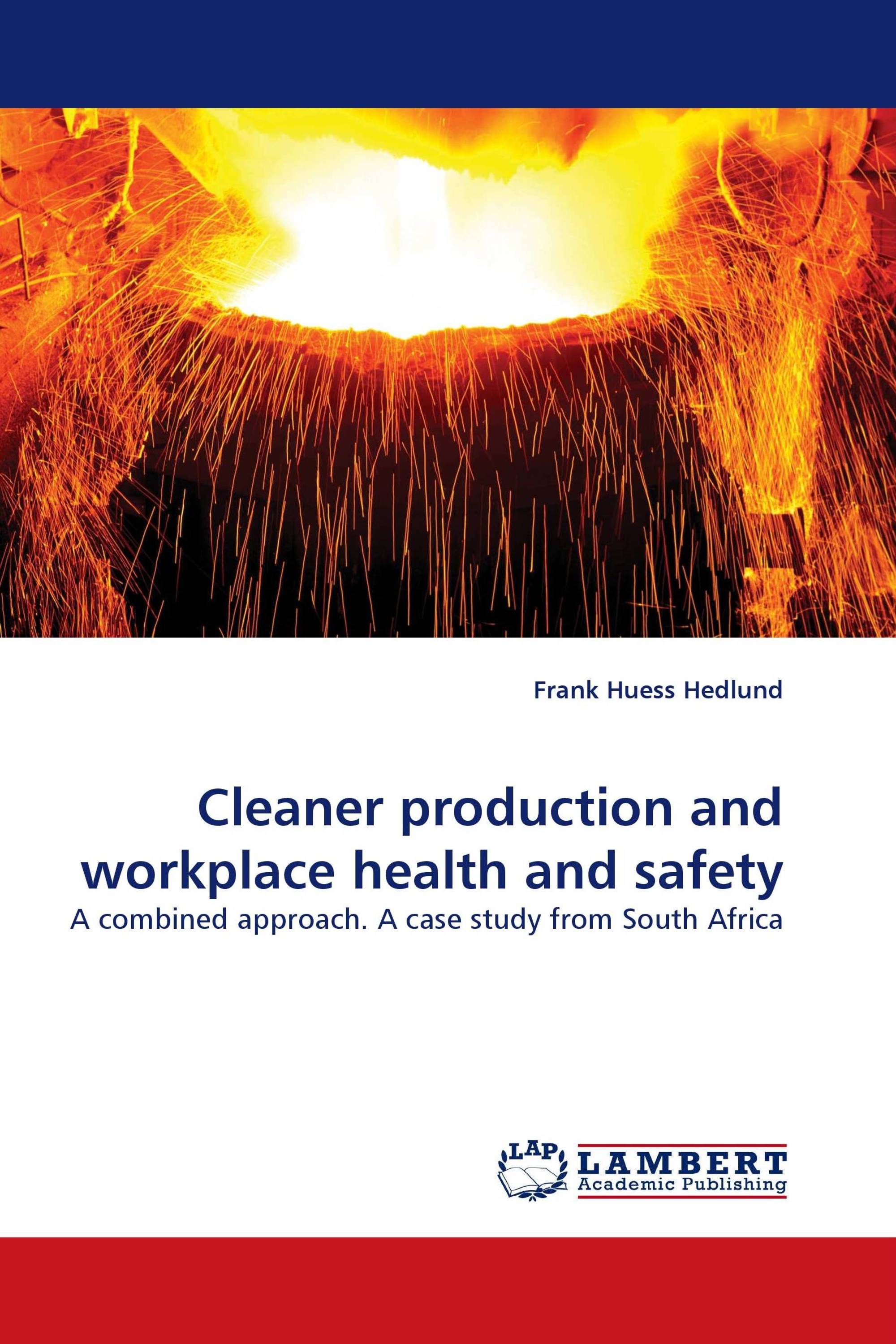Cleaner production and workplace health and safety
A combined approach. A case study from South Africa
LAP Lambert Academic Publishing ( 2011-01-21 )
€ 79,00
Environmental goals may be pursued narrow-mindedly with no attention paid to the workplace. This book examines combined approaches in cleaner production projects. It explores two main avenues. First, integration into the project specification. The planning tools in use by assistance agencies are examined and it is argued that a dilemma of rigour or relevance exists. Small companies are relevant to target but do not meet rigorous support criteria. Large companies need no help, but are attractive due to low project risk. Second, integration of activities at company level. For large companies, integration of management systems is an option. A study on the South African Nosa 5-Star system refutes earlier criticism of dismal performance of top-down systems. It is argued that integration at this level is viable. For small companies, less formalistic approaches are required. ILO's network concept WISE was introduced to a Waste Minimization Club. It is argued that cost-savings arguments are too simplistic. They ignore both scarcity of managerial attention and opportunity costs, and cannot explain the behaviour of small companies.
Book Details: |
|
|
ISBN-13: |
978-3-8433-9494-9 |
|
ISBN-10: |
3843394946 |
|
EAN: |
9783843394949 |
|
Book language: |
English |
|
By (author) : |
Frank Huess Hedlund |
|
Number of pages: |
316 |
|
Published on: |
2011-01-21 |
|
Category: |
Building and environmental technology |




